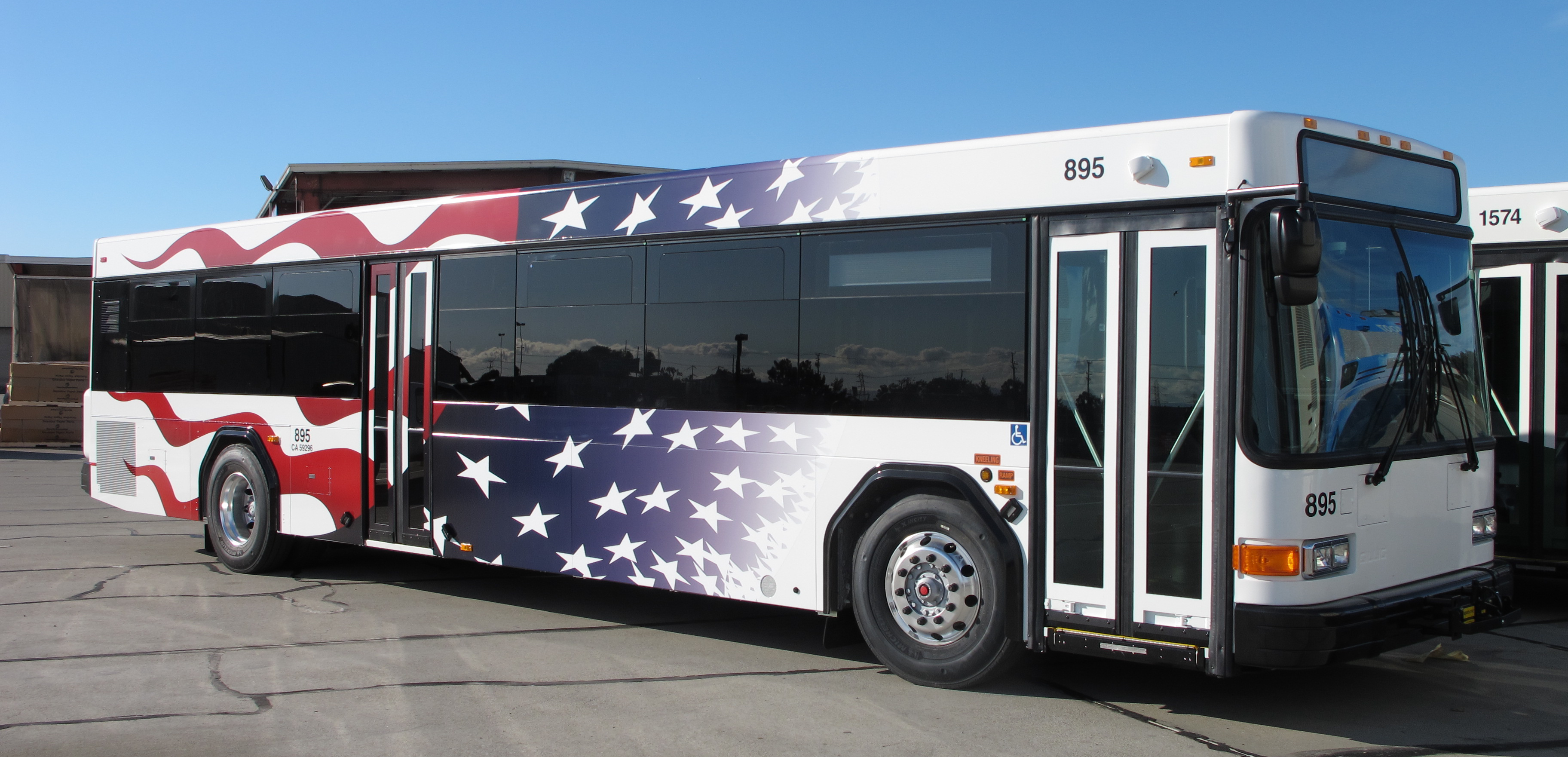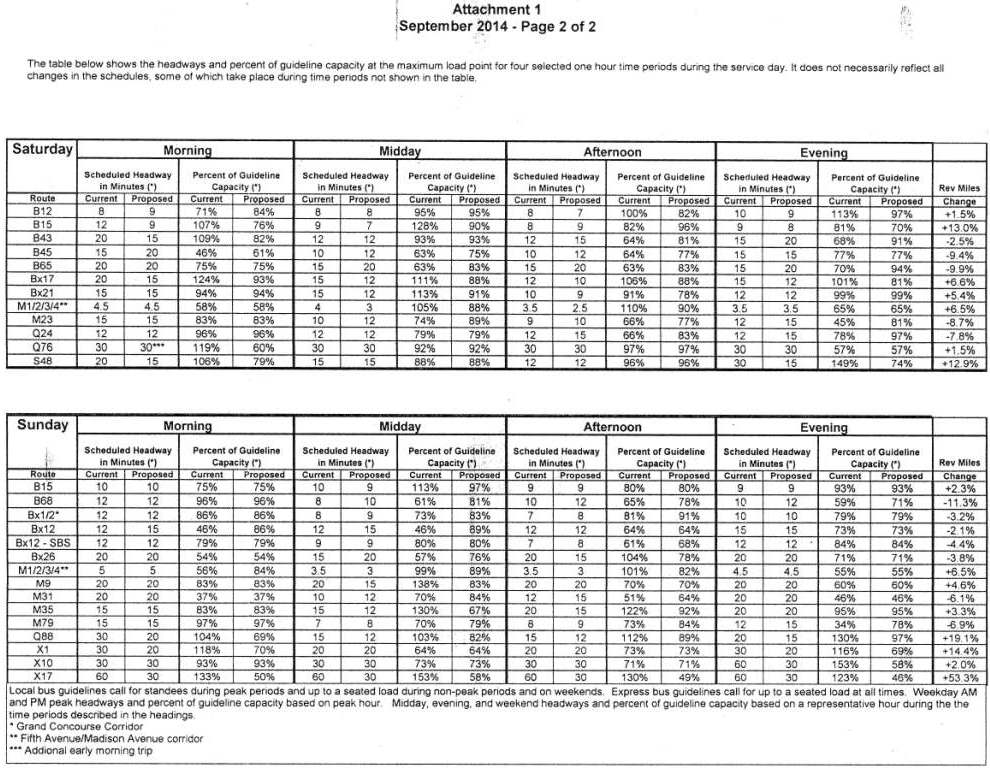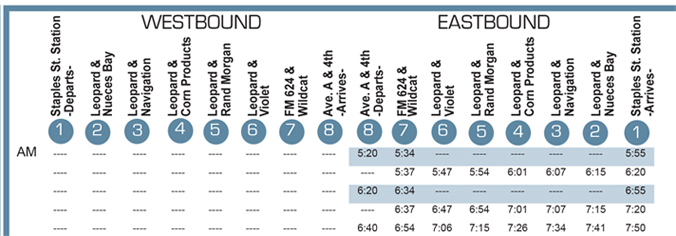


This pilot is an expansion of the City of Lawrence-funded initiative that has covered fares on three local routes in Lawrence since September, 2019. Fares will still be collected on the Boston Commuter bus. Haverhill, MA The Merrimack Valley Regional Transit Authority (MVRTA) board voted unanimously yesterday to go fare-free for all local fixed route and EZ Trans paratransit services starting Mafor at least a 2-year pilot.
Rta schedule driver#
Bring proper medical documentation by licensed medical provider to one of our Transit Centers (Buckley, Lawrence or Washington Square, Haverhill)Ĭustomers will be required to show the exemption card to the driver when boarding. The order defines “persons” to include travelers (including passengers and crew), “conveyance operators and any workers of service providers “Ĭustomers who cannot wear a mask due to a medical condition that prevents them from wearing it, need to have proof of that condition and should obtain an exemption card from the MVRTA.Ĭustomers interested in getting an exemption card need to:  Supervisors may impose requirements, or conditions for carriage, on persons requesting an exemption from the requirement to wear a mask, including medical consultation by third party, medical documentation by licensed medical provider. A person with a disability who cannot wear a mask “because of the disability. The Order exempts children 2 and under from the requirement. While communicating with a person who is hearing impaired when the ability to see the mouth is essential for communication. Masks may be removed in the following situations Persons who remove a mask or cease to wear it appropriately once in a MVRTA facility must be asked to wear the mask properly or leave. No person may be allowed entry to any MVRTA facility without wearing an appropriate mask as outlined above. Repeated incidents of non-compliance may result in the person’s suspension of riding privileges. While the operator is ultimately responsible for ensuring compliance on board, it is equally important to ensure safe vehicle operation the operator is not expected to monitor compliance at the expanse of safely operating the vehicle. However, if non-compliance with the mask policy creates an unsafe situation, service may be delayed, and a supervisor must be notified immediately. Service should not be delayed due to concerns regarding a passenger without a mask. The Supervisor will decide if law enforcement assistance is needed. If the passenger refuses, a supervisor must be consulted for guidance. If they refuse, the operator must require them to disembark as soon as it is practical to do so. Passengers who remove their masks once onboard must be reminded to wear the mask properly. A passenger with a known history of non-compliance who is not wearing a mask may be bypassed. If the passenger refuses to comply, the trip may be denied. If the unmasked person is waiting for a bus, the operator should stop and inform the passenger that a mask must be worn before boarding. Refuse to board passengers who are not wearing a mask. To ensure compliance, operators and employees must The Order also requires operators to “use best efforts” to ensure compliance at all times, including boarding, disembarking, and at all times onboard the vehicle or in transit stations. Masks made from loosely woven fabric or that are knitted, i.e., fabrics that let light pass through, Masks made from materials that are hard to breathe through (such as vinyl, plastic, or leather), masks containing slits, exhalation valves, or punctures or masks that do not fit properly. The following are not acceptable under CDC guidelines, and riders and others may not be allowed on vehicles or in facilities if they are using a mask composed of the following: Scarves, ski masks, balaclavas, neck gaiters, or bandannas Shirt or sweater collars pulled up over the mouth and nose. Should be a solid piece of material without slits, exhalation valves, or punctures. Be secured to the head either with ties or ear loops.
Supervisors may impose requirements, or conditions for carriage, on persons requesting an exemption from the requirement to wear a mask, including medical consultation by third party, medical documentation by licensed medical provider. A person with a disability who cannot wear a mask “because of the disability. The Order exempts children 2 and under from the requirement. While communicating with a person who is hearing impaired when the ability to see the mouth is essential for communication. Masks may be removed in the following situations Persons who remove a mask or cease to wear it appropriately once in a MVRTA facility must be asked to wear the mask properly or leave. No person may be allowed entry to any MVRTA facility without wearing an appropriate mask as outlined above. Repeated incidents of non-compliance may result in the person’s suspension of riding privileges. While the operator is ultimately responsible for ensuring compliance on board, it is equally important to ensure safe vehicle operation the operator is not expected to monitor compliance at the expanse of safely operating the vehicle. However, if non-compliance with the mask policy creates an unsafe situation, service may be delayed, and a supervisor must be notified immediately. Service should not be delayed due to concerns regarding a passenger without a mask. The Supervisor will decide if law enforcement assistance is needed. If the passenger refuses, a supervisor must be consulted for guidance. If they refuse, the operator must require them to disembark as soon as it is practical to do so. Passengers who remove their masks once onboard must be reminded to wear the mask properly. A passenger with a known history of non-compliance who is not wearing a mask may be bypassed. If the passenger refuses to comply, the trip may be denied. If the unmasked person is waiting for a bus, the operator should stop and inform the passenger that a mask must be worn before boarding. Refuse to board passengers who are not wearing a mask. To ensure compliance, operators and employees must The Order also requires operators to “use best efforts” to ensure compliance at all times, including boarding, disembarking, and at all times onboard the vehicle or in transit stations. Masks made from loosely woven fabric or that are knitted, i.e., fabrics that let light pass through, Masks made from materials that are hard to breathe through (such as vinyl, plastic, or leather), masks containing slits, exhalation valves, or punctures or masks that do not fit properly. The following are not acceptable under CDC guidelines, and riders and others may not be allowed on vehicles or in facilities if they are using a mask composed of the following: Scarves, ski masks, balaclavas, neck gaiters, or bandannas Shirt or sweater collars pulled up over the mouth and nose. Should be a solid piece of material without slits, exhalation valves, or punctures. Be secured to the head either with ties or ear loops.  MVRTA will continue to enforce the requirement to wear masks while waiting at bus stops, shelters, or in public areas in any MVRTA facility. All “persons ” (including MVRTA employees) who are onboard a vehicle or at a transit station are required to wear a mask. To effectively comply with this Order, MVRTA will implement the following policy system-wide effective February 11, 2021. Effective February 1, 2021, the Centers for Disease Control will enforce guidance requiring that all “persons” riding on or operating public transit and at transit stations must wear a mask.
MVRTA will continue to enforce the requirement to wear masks while waiting at bus stops, shelters, or in public areas in any MVRTA facility. All “persons ” (including MVRTA employees) who are onboard a vehicle or at a transit station are required to wear a mask. To effectively comply with this Order, MVRTA will implement the following policy system-wide effective February 11, 2021. Effective February 1, 2021, the Centers for Disease Control will enforce guidance requiring that all “persons” riding on or operating public transit and at transit stations must wear a mask.








 0 kommentar(er)
0 kommentar(er)
